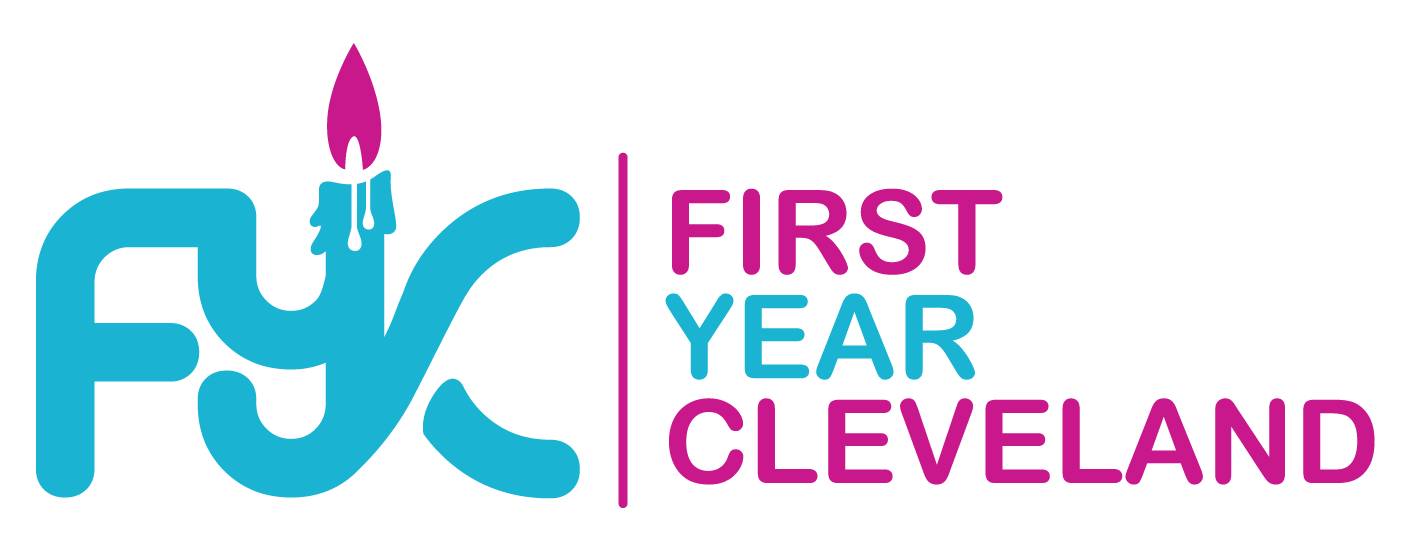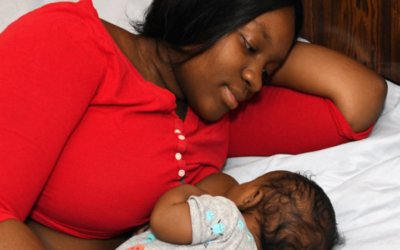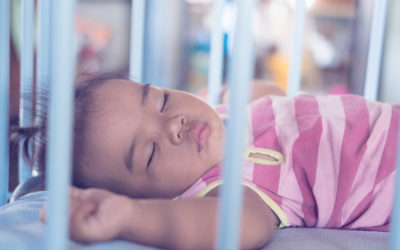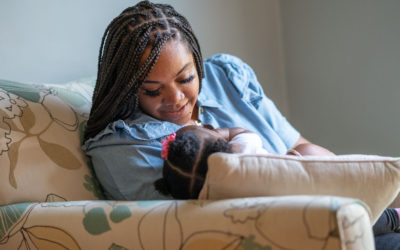After Pregnancy
Monitor your health.
Pregnancy and childbirth put a lot of stress on your body. It is important to monitor your health and contact your provider immediately if you experience any of the following symptoms within the first 12 months after delivery:
- Severe headache
- Changes in your vision
- Trouble breathing
- Chest pain
- Severe nausea and throwing up
- Thoughts about harming yourself or your baby
- Dizziness or fainting
- Fever
- Overwhelming tiredness
- Severe belly pain
- Severe swelling
For more information, check out this link Pregnant and Postpartum Women | CDC
Make rest a priority.
Allow yourself time to rest and recover from childbirth. Take advantage of moments when your baby sleeps to nap or simply relax. Listen to your body’s cues and don’t hesitate to ask for help from your partner, family, or friends to lighten your workload.
Eat a nourishing diet.
After talking with your provider about your specific dietary needs, maintain a well-balanced diet that supports postpartum recovery and breastfeeding if applicable.
Prioritize self-care.
Self-care is important to maintain your physical and mental health. After birth, it is easy to feel overwhelmed by new responsibilities, commitments, and expectations. Take short breaks to engage in activities you enjoy to recharge and reduce stress.
Seek support and connect with others.
Joining a support group or connecting with other new mothers can provide a sense of community and emotional support. Share experiences, ask questions, and seek advice from those who have gone through similar experiences. Utilize local community groups, online forums, or postpartum support organizations to find and connect with others.
Get Support
Our community has a number of amazing pregnancy support programs and organizations that are available at no cost to you. Get connected with a birth worker, advocate, or health educator that can support you through your pregnancy, delivery, and after your baby is born.
Blog and News
You can help mitigate the effects of implicit bias on pregnancy and childbirth
Cuyahoga County has one of the highest rates of prenatal care in the...
Is Your Grandchild Sleeping Safely?
Caring for grandkids is a common role for many grandparents. Whether it...
Mother’s Day is also about our shared responsibility to improve maternal and infant health – especially needed for Black mothers
(This article originally appeared as an opinion piece in Cleveland.com on...



